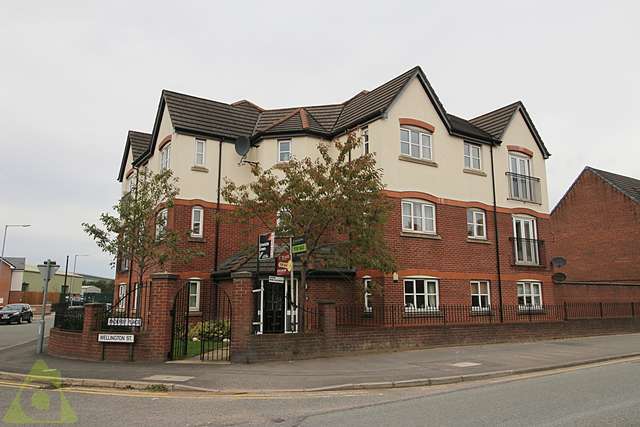Lynn Cluer says: Considering shared ownership? Do you know exactly what this is? Do you know all the costs involved? Please read on before you make any decision.
“I thought I owned 75% of the property. No-one told me about the risk of possession if my circumstances changed and I couldn’t afford monthly service charges”.
I bought a 75% share in a shared ownership flat with my son
I bought a shared ownership flat in the North West in 2006 as a secure place for my son to live rather than him paying rent to a private landlord. The flat was built in 2005 and I was the second owner. Both mine and my son’s names were on the deeds. Then I discovered my son couldn’t carry on living in the flat. He became a self-employed driving instructor, working from home with a separate phone number for business. He could claim a tax reduction for using part of his home but he became concerned about possibly breaching the lease. It says the address cannot be registered for any business so he decided to move out to save any problems.

This was after 11 years, in 2017. But he had problems getting a mortgage for the property he was trying to buy, because both our names were on the lease of the flat. Mortgage advisors suggested we take his name off the lease. It didn’t present any problem as, with me being a pensioner, I would have qualified anyway for shared ownership. There was no objection from the housing association. They were well aware of what was happening and the original circumstances.
I couldn’t move in due to my husbands’ health; he can’t use stairs and his condition requires ongoing monitoring. So moving to the North West was not viable or affordable. I asked the housing association to buy the shares back, they refused. I asked the housing association if they would suspend monthly fees, they refused.
In desperation I asked, almost begged, the housing association to allow me to sub-let
If I failed to pay because I could not afford to, what would happen? I would forfeit the property they said, lose everything, every penny invested. I might even owe the housing association money for the court fees to gain re-entry. This is in the lease but I, like most other shared owners, was never told this during the buying process.
There was absolutely no way I could do anything so in desperation I asked, almost begged, the housing association to allow me to sub-let. Fortunately, this was allowed so that is what I have had to do.
Although you THINK you own 75% of a property, you don’t
The sales information was that it was 75% ownership, 25% rent to the housing association. According to the agent this meant I paid for a 75% share of the property: I would pay rent on the remaining 25% plus a maintenance and service charge and that was it. Having never been involved with leases before, I assumed if there were any problems these would be pointed out by the solicitor.
Although you THINK you own 75% of a property, you don’t. You have 75% of a piece of paper allowing you to live in the property for the duration of the lease but you are still a tenant even of the 75% you were told you own. Your mortgage has paid that rent in advance. Unlike rental tenants, you pay for 100% of repairs even though 25% is still rented to you by the housing association. You have fewer rights than rental tenants.
I can’t afford to extend my lease
Now I’m desperate to sell. The lease has 83 years remaining so it’s difficult for buyers to get a mortgage as it is close to the 80 years critical timeframe before the lease valuation is increased by the marriage value. I could ask for a lease extension but I would need to buy the remaining 25%. You can’t get a formal lease extension unless you own the full 100%. To pay that and a lease extension I would need a mortgage or loan but at the age of 71 that isn’t an option. I was given a rough quote of £7,000 to £9,000 plus all solicitor’s fees, plus valuation.
Solicitors and housing associations make no effort to raise buyer awareness, especially first time buyers. If you complain, you get the response you didn’t ask the question.
Still thinking about shared ownership?
Amended 28 June 2021 – Replaced reference to ‘forfeiture’ with ‘possession’. Under the Housing Act 1988 shared owners risk possession if they get in arrears. Worse: if Ground 8 is satisfied because the Court has to order possession, there is no discretion and no reimbursement of equity paid to date,.
Shared ownership has been sold without clear information in 99% of all cases we’re speaking to.
There’s been a lack of focus on the downsides or realities such as owning but it’s only assured tenancy, paying for 100% of the cost but “owning” far less than that, very restrictive policies and leases, and very little legal protection.
It needs to be reformed.
We do not need to see housing associations who are typically supposed to be not for profit moving into the more profitable commercial sector as they increase their shared ownership portfolio. Affordable housing is no longer affordable nor fit for purpose.